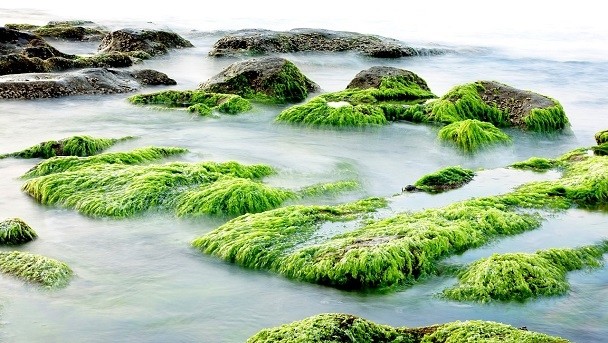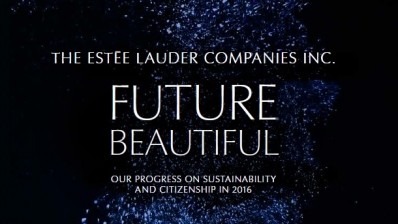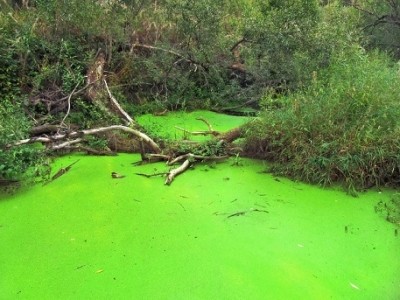A new plan to certify sustainable and responsible marine ingredient sourcing

The Aquaculture Stewardship Council and the Marine Stewardship Council, both well-regarded seafood certification and labeling programs are collaborating on the standard.
“Through the ASC-MSC joint Seaweed Standard, we aim to contribute to the health of world’s aquatic ecosystems by creating a certification standard to recognize and reward environmentally sustainable and socially responsible seaweed harvesting and farming practices,” explains the MSC site.
Global sourcing
The Seaweed Standard, taking into account the reality of today’s economy, would be applied globally. “A responsible approach is critical to minimizing the environmental and social footprint of commercial seaweed production,” Bas Geerts, standards director for ASC, told fis.com.
“Through collaboration we can create a meaningful standard with value for all stakeholders, while promoting environmental integrity and supporting the local communities that rely on seaweed production,” he explained.
And the two programs are aiming to incorporate best practices from around the world. “The Seaweed Standard will demonstrate mutual sustainability principles and standard systems, referencing best available scientific understanding and industry practices that conform to international norms of good conduct, including FAO Guidelines for Ecolabelling and ISEAL Codes of Good Practices,” David Agnew, science and standards director of the MSC, tells the press.
Open for comment
Through the end of April, the groups are accepting public comment online. Find more information and learn how to submit comments here.
The standard would have options for certifying both wild harvest and cultivated seaweed, no matter where it takes place or how large the operation is.
“The assessment of seaweed farms and fisheries will be guided by five core principles: sustainable populations; minimising environmental impacts; effective management; social responsibility; and community relations and interactions,” explains fis.com.
Aquaculture and the beauty business
Personal care and cosmetic ingredients derived from the marine environment have a particular appeal for consumers. La Mer, Mario Badescu, H20 Plus, and Kiehl’s are just some of the brands with successful products formulated with ingredients from the sea.
Sourcing kelp, smaller seaweeds, coral, etc., in a sustainable manner is good for business and good for the planet. Standards like the one in the works from the ASC and MSC are one way to go about it.
New methods of farming in ocean water could also be a scalable solution. Scientists at British Columbia’s North Island College are at work to increase kelp production in the region. The studies there could mean more of the region's kelp is available to industries including cosmetics.
















